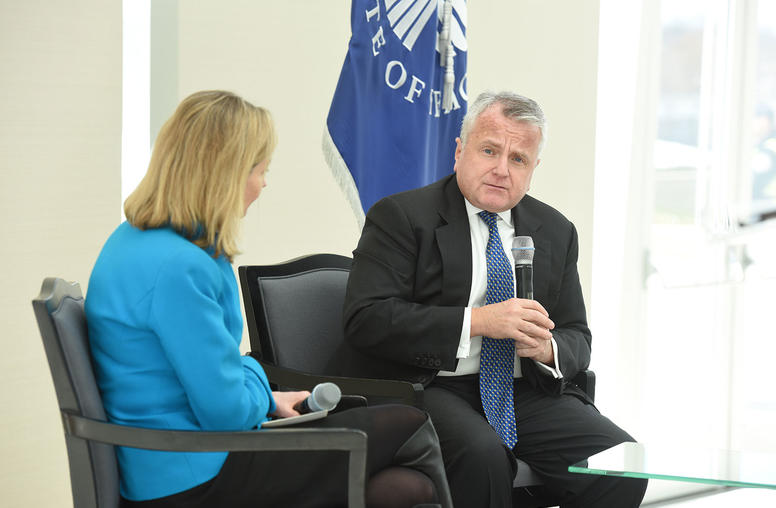
Deputy Secretary of State John J. Sullivan Keynote Address
Deputy Secretary Sullivan will deliver a keynote address on U.S. Support for Humanitarian Assistance during an invite-only event at the U.S. Institute of Peace.
As a national, nonpartisan, independent Institute, the U.S. Institute of Peace draws on our exceptional convening power to create opportunities for diverse audiences to exchange knowledge, experiences, and ideas necessary for creative solutions to difficult challenges. We serve as an important, neutral platform for bringing together government and nongovernment, diplomacy, security, and development actors, and participants across political views. The Institute’s events help shape public policy and priorities to advance peaceful solutions to conflict and strengthen international security.

Deputy Secretary Sullivan will deliver a keynote address on U.S. Support for Humanitarian Assistance during an invite-only event at the U.S. Institute of Peace.
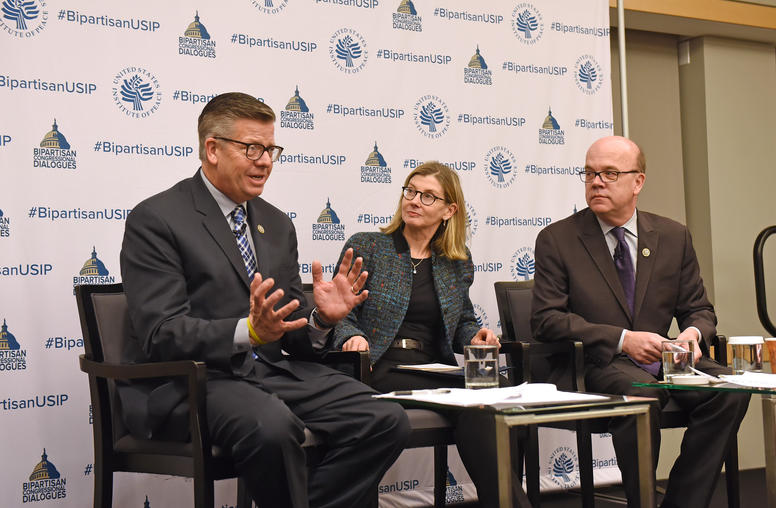
As Co-Chairs of the Tom Lantos Human Rights Commission, Rep. Randy Hultgren (R-IL) and Rep. James P. McGovern (D-MA) play a leading role in advancing international human rights in Congress. The two Members of Congress will draw on their experiences promoting human rights in authoritarian and violent, conflict-affected countries at USIP’s Inaugural Bipartisan Congressional Dialogue.
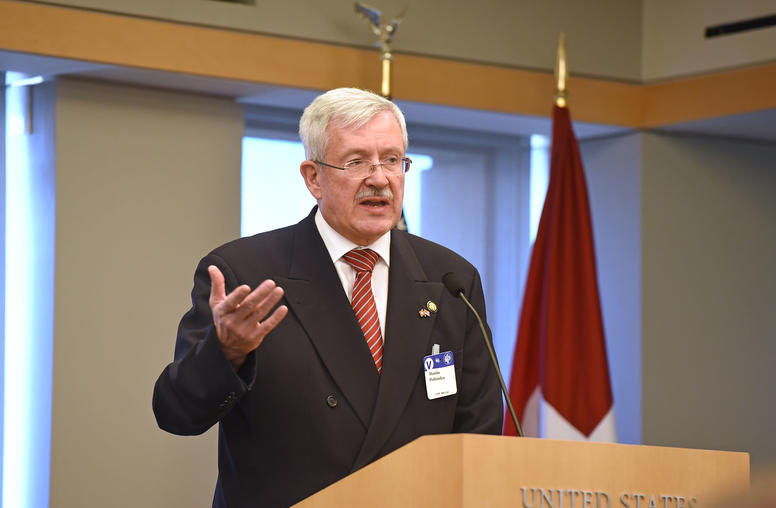
In 2017, a half-million Rohingya fled attacks on their homes in Burma. Eight million face starvation amid Yemen’s war. Atrocities against civilians continue in Syria, South Sudan and elsewhere. What lessons did we learn from the Holocaust – if any? And how can we strengthen norms and institutions to prevent future atrocities more effectively? On January 30, USIP hosted a discussion on the state of atrocity prevention with leading experts.
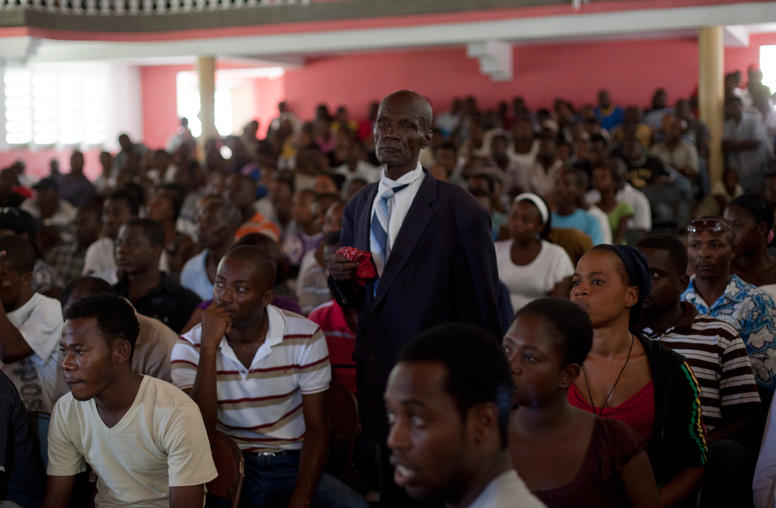
On Friday, June 23, the U.S. Institute of Peace and the University of South Carolina’s Rule of Law Collaborative held a daylong symposium highlighting new approaches and technologies to further the rule of law.
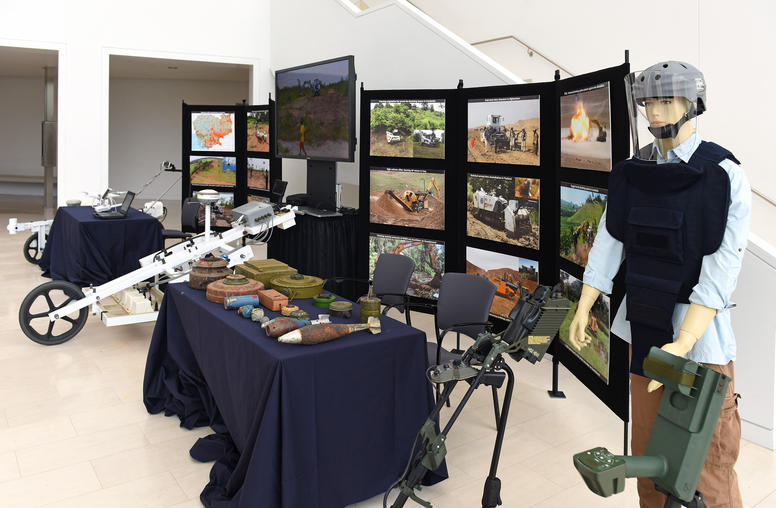
On April 25, USIP and HALO Trust, one of the world’s largest demining organizations, gathered experts for a discussion on the implications and results of demining.
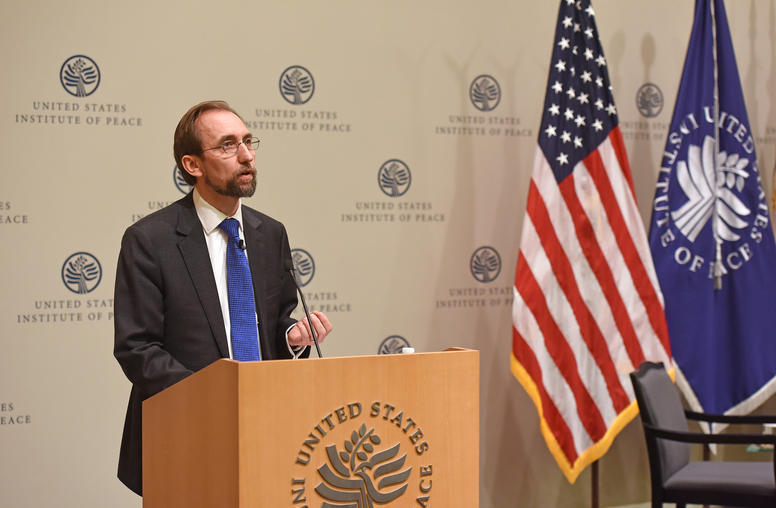
Georgetown University's annual Trainor Award and Lecture recognizes excellence in the conduct of diplomacy. It has been awarded to senior American diplomats and distinguished public servants from around the world. On Feb. 16, the U.S. Institute of Peace hosted Amb. Zeid as he received the annual Trainor Award from Georgetown University’s Institute for the Study of Diplomacy. Amb. Zeid spoke on “The Impossible Diplomacy of Human Rights.”
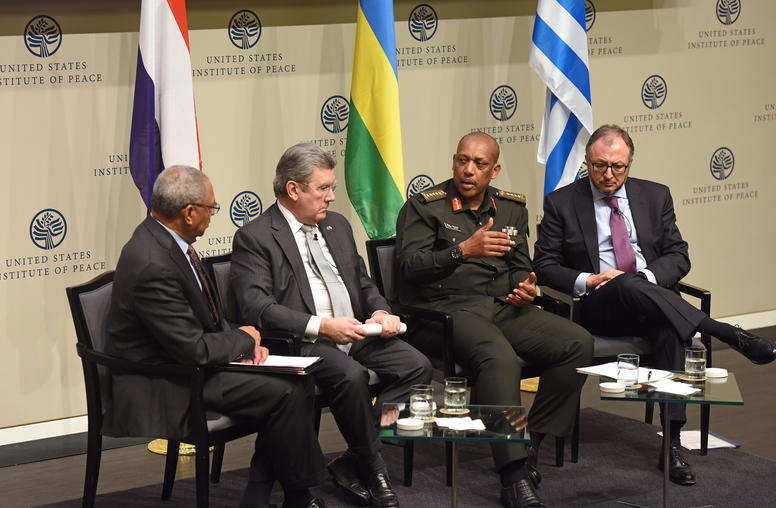
Communities expect U.N. peacekeepers to protect them. Currently, 97 percent of uniformed personnel in U.N. peacekeeping operations serve under mandates to protect civilians. The “Kigali Principles on the Protection of Civilians” are a non-binding set of pledges to implement certain best practices in peacekeeping. This event aimed to familiarize the Washington, D.C. community with the Kigali Principles, and highlight how they might be used to improve the implementation of protection of civilians’ mandates in U.N. peacekeeping operations.
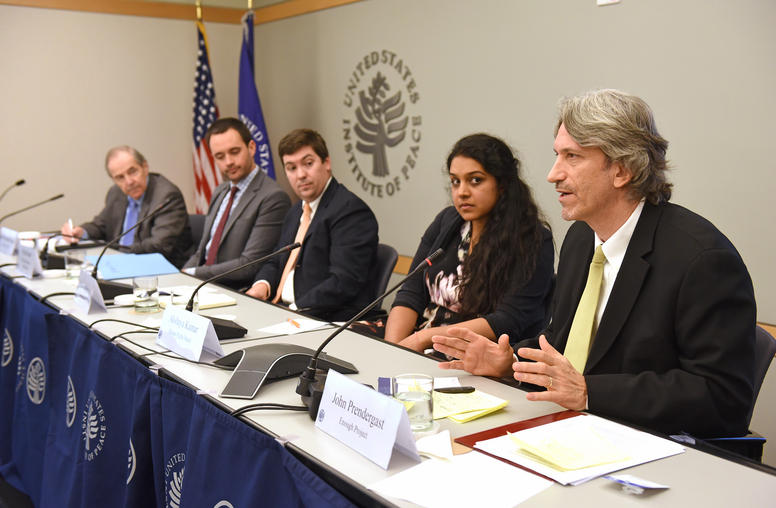
On December 8 the U.S. Institute of Peace and the U.S. Holocaust Memorial Museum held a discussion with experts about the risks for mass violence and options for upholding the shared U.S. and global responsibility to prevent genocide.
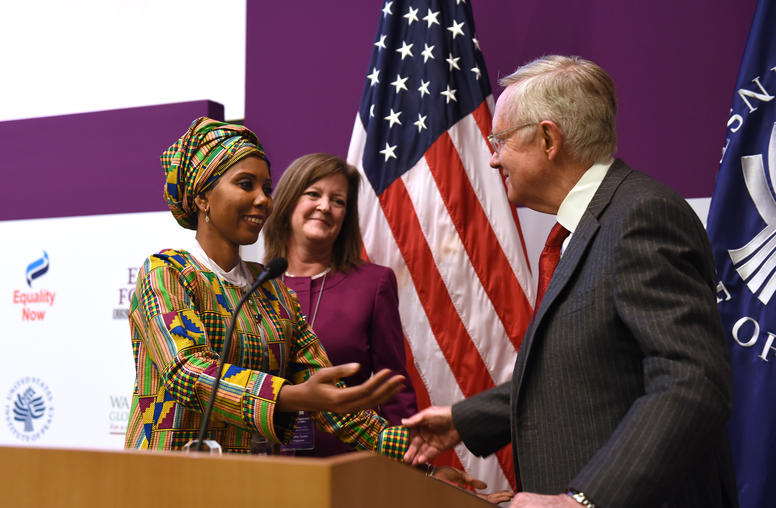
More than 200 million girls and women in 30 countries live with the medical and emotional complications of female genital mutilation or cutting (FGM/C), UNICEF estimates. As part of the United Nations’ global development goals, governments worldwide declared their intent two years ago to end this human rights violation by 2030. On December 2, USIP held a day-long conference in which expert educators, medical providers, law enforcement officials, religious leaders and others laid groundwork for an intensified global strategy that will be required to meet the 2030 goal.
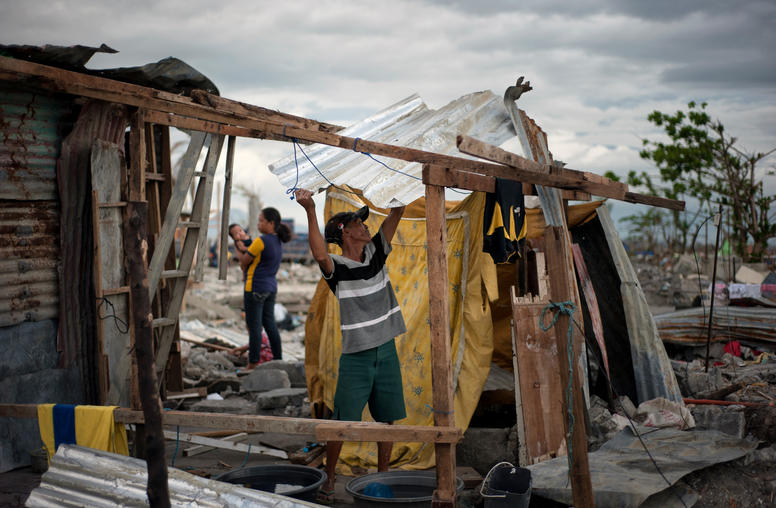
More than 130 million people worldwide require humanitarian assistance to survive because of crises or disasters, including violent conflict, according to the United Nations. The World Humanitarian Summit in Istanbul in May focused on how development and humanitarian institutions can cooperate to bring meaningful change for the world's most vulnerable people. The discussion continued on November 14 with the U.S. Institute of Peace and leaders of the World Bank and the International Committee of the Red Cross, as they considered possible approaches such as flexible and multi-year funding, strengthening compliance with international humanitarian law, and working more closely with local communities.